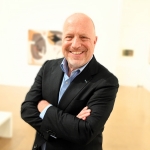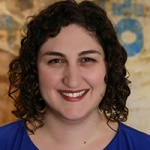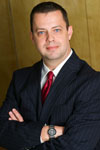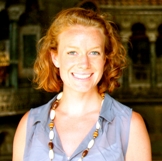
Marty Pottenger
Art At Work
Recently, I found myself sitting in a circle in Portland, ME, leading a group that includes the city manager, police chief, a leader in the Occupy Maine movement, one of the founders of Portland’s NAACP, leaders from the Sudanese and Congolese refugee communities, the president of a city union (CEBA), and a doctor active in public health, among others. The members of this group are impressive and diverse, but what we are sharing is more so.
In only seven minutes, 20 city and community leaders composed poems that draw upon their personal histories, the history of Portland, and those things they have witnessed in this place we all call home.
Increasing the Odds
All of Art At Work’s projects are designed to increase the odds that Portland and their partner cities (Holyoke, Northampton, and Providence in 2012), launch their own Art At Work will be better able to turn anticipated social and economic crises into opportunities by integrating creative engagement in their ‘way of doing business.'
This workshop was a part of Portland Works, another one of our experiments in figuring out how to harness the transformative power of art to achieve concrete community-based outcomes. These workshops bring together community and city leaders to create a dialogue and increase understanding between individuals and groups that often see one another as obstacles as opposed to allies. “It’s just brilliant,” says Mike Miles, the City of Portland’s director of human resources, “using art to break conceptions about who people are and what people do.”
Art At Work, of which Portland Works is just one part, is designed to improve municipal government through strategic arts projects involving city employees, elected officials, community leaders, and local artists.
Read More


























